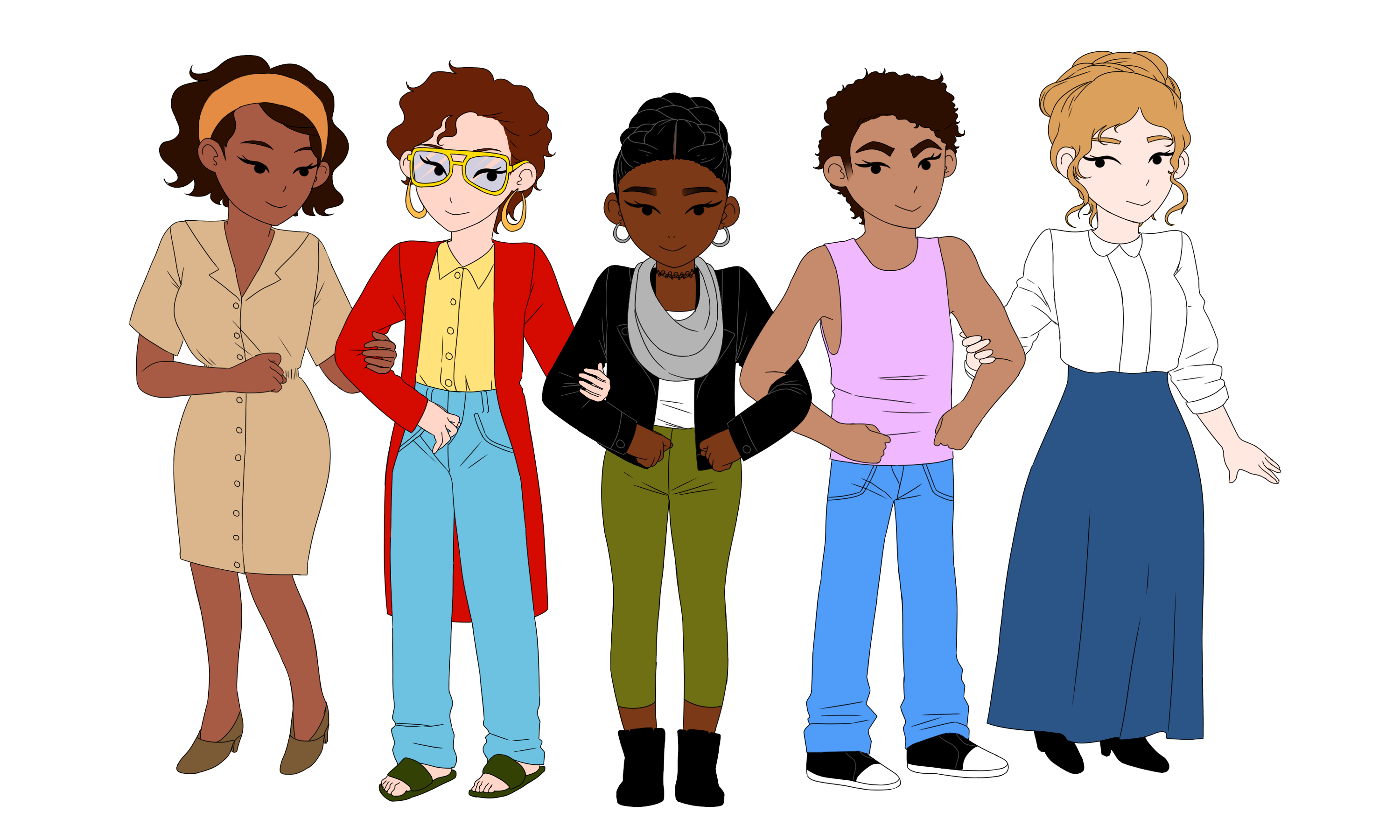One of the many benefits of modern social media is the sheer reach individuals can obtain to spread their message. A single post, if directed correctly, can spread across the entire globe in a matter of hours or days. As the globular community makes our world smaller and smaller, social issues that normally got pushed aside due to a lack of reach become front and center of international movements.
Now, all you need to be involved is to make posts on social media, and you are contributing to social reform across the globe.
With this power of global communication, and as information assimilates across communities, a common question pops up every now and then: after decades or even centuries of protests and movements, are we as a society any closer to solving these age-old problems of racism and sexism, or have we simply changed the names and faces of these issues without finding any meaningful, permanent solutions?

Graphic | Shania Green
Slavery as an institution has existed for thousands of years across recorded human history. Slaves were a valuable commodity, a sign of status and most ancient civilizations practiced it in some capacity. The Romans did it, the Greeks did it and tribes in Africa did it. Britain was one of the first countries to take steps to abolish slavery, thanks to the Abolition of the Slave Trade Act in 1807, which extended to its colonies roughly two decades later. For a system that lasted thousands of years, can we really expect the mindsets that allowed it to simply dissolve overnight? Of course not. Therefore, the moral crisis that allows one person to dehumanize and devalue another because of their origin simply evolved into something else, instead of dying altogether.
The Jim Crow laws following the 13th Amendment are a prime example of this shift, as were the segregation of school systems, restaurants, bathrooms and much more.
“We declare these truths to be self-evident, that all men were created equal, that they are endowed by their Creator with certain unalienable Rights, that among these are Life, Liberty and the Pursuit of Happiness.” The second paragraph of the Declaration of Independence declared to Britain they had political rights denied by their British authorities, and because of this denial, the colonies would break off and become their own country. Sadly, this declaration did not seem to apply to women in the new country. In fact, women only really held office in lieu of their husbands’ deaths, according to an article in the New York Times, and even then they often only served the remaining term their husband would have served anyway.
The 19th Amendment, which allowed women to formally vote in the U.S., only came into law in 1920, a good century and more after the U.S. officially became an independent nation.
Even after that, women are still not as common as men in positions of power. Give whatever reasons you like as to why women are not as prevalent as CEOs or politicians or STEM leaders: if society still discourages nearly half of human society from pursuing their dreams because of their gender, then prejudice is still alive and well. The issue has evolved into the abstract rather than the concrete and legal; nothing has changed.
The letter of the law does not accurately reflect the spirit of the law. Women are still at a disproportionately higher risk of domestic abuse and sexual assault than men, and police officers are more justified in the killing of an unarmed black suspect than they are in the killing of an unarmed white suspect in the eyes of the public.
Women are discouraged from pursuing positions of authority much more than men, and African-Americans continue to face a breed of hatred and discrimination white Americans can never fully comprehend.
These social issues have traded names, faces, locations, hashtags and more, but as long as human civilization places a hierarchy on the value of human life, as long as we continue to justify the mistreatment of a proportion of the population simply by virtue of their origin and appearance, our society has evolved no further than when we first formed civilization itself.
Social problems have evolved, morphed and changed. We have not.






